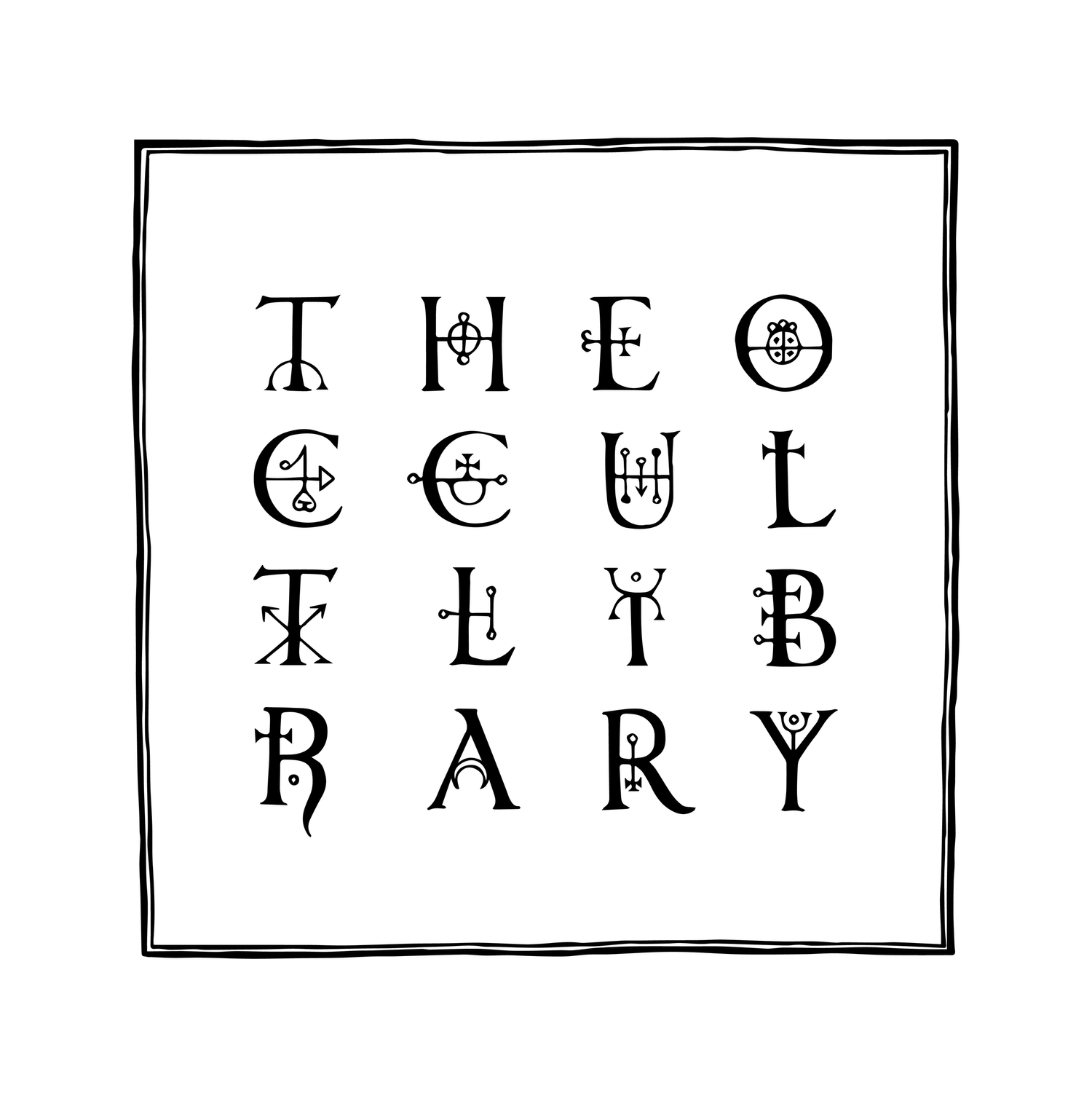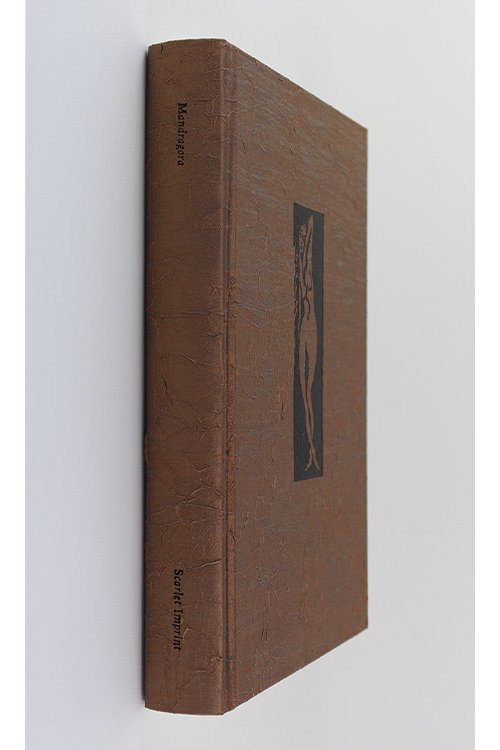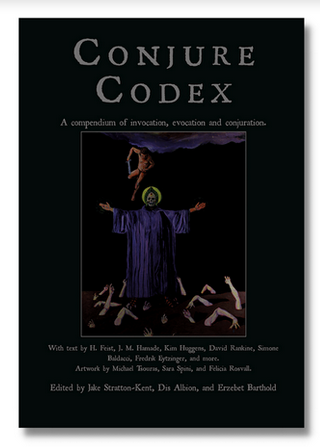Alexander Cummins

Alexander Cummins, PhD is an historian, cunning-man, and consultant whose practice centres around sorcery, philosophy, medicine, and the dead. In particular, his work focuses on cunning-craft, necromancy, and divination.
His doctoral thesis from the University of Bristol explored the history of magical approaches to the emotions: from mapping personality with astrology, to managing emotionality with herbs and amulets, to the manipulations of aphrodisiacs, the evil eye, and the conjuration of spirits. His areas of research span topics such as folklore and spellcraft, hauntings and ancestor veneration, and handbooks of demonology and ritual magic.
Dr Cummins writes for both academic and esoteric publishers, facilitates a range of workshops and lecture series, teaches in both universities and and virtual classrooms, consults privately with clients and organisations, and speaks at a wide variety of events. Inquiries can be directed to consultantsorcerer@gmail.com
Al co-hosts the podcast Radio Free Golgotha with Jesse Hathaway Diaz, and is a founding editor of the Folk Necromancy in Transmission series. His favourite animal is currently a tie between fox and octopus.
Publications
WITCH BOTTLES by Daniel Harms is the first in-depth exploration of the history, culture and magic of this little-known practice used to protect against and remedy the believed effects of misfortunes attributed to witches.
Edited by Ruby Sara, Mandragora: Further explorations in esoteric poesis is a companion volume to Datura, comprising nine extensive essays and the works of 48 poets.
Mandragora: Further explorations in esoteric poesis is a companion volume to Datura, comprising nine extensive essays and the works of 48 poets. A chthonic and deeply rooted work.
An Excellent Booke of the Arte of Magicke: The Magical Works of Humphrey Gilbert and John Davis, transcribed from British Library Additional manuscript 36674, edited and introduced by Phil Legard, with supplementary essays by Alexander Cummins, and a foreword by Dan Harms.
In The Starry Rubric, Alexander Cummins shows how astrology and magic offered analysis, interpretation, and solutions — locating humanity in a shifting web of interrelation with the stars and, indeed, the cosmos as a whole in the seventeenth century.
Nazarth: Pillars of Gladness is a treasurehouse of geomantic incantations. Its nineteen keys were received and wrought through a combination of spirit communications, dream incubation, ritual cut-up, and judicious co-editing alongside tutelary shades and attendant spirits.
Periodicals
This Conjure Codex brings to a close the first volume of the series; it was never our intention to theme the issues by colour, but that is what happened and so it is fitting that our final number is the black of moonless midnight.
CONJURE CODEX arises from the cauldron of winter to both stimulate the waking mind and encourage its dreaming here on the cusp of Spring. The blue issue is full to bursting with insights and revelations, presenting us with sorceries and wisdom from a range of cultures and eras.
The emerald issue of CONJURE CODEX bursts forth as green shoots of spring, thrusting up through the decay of western civilisation, revealing the taproots of magic in a celebration of flourishing traditions, both old and new.








